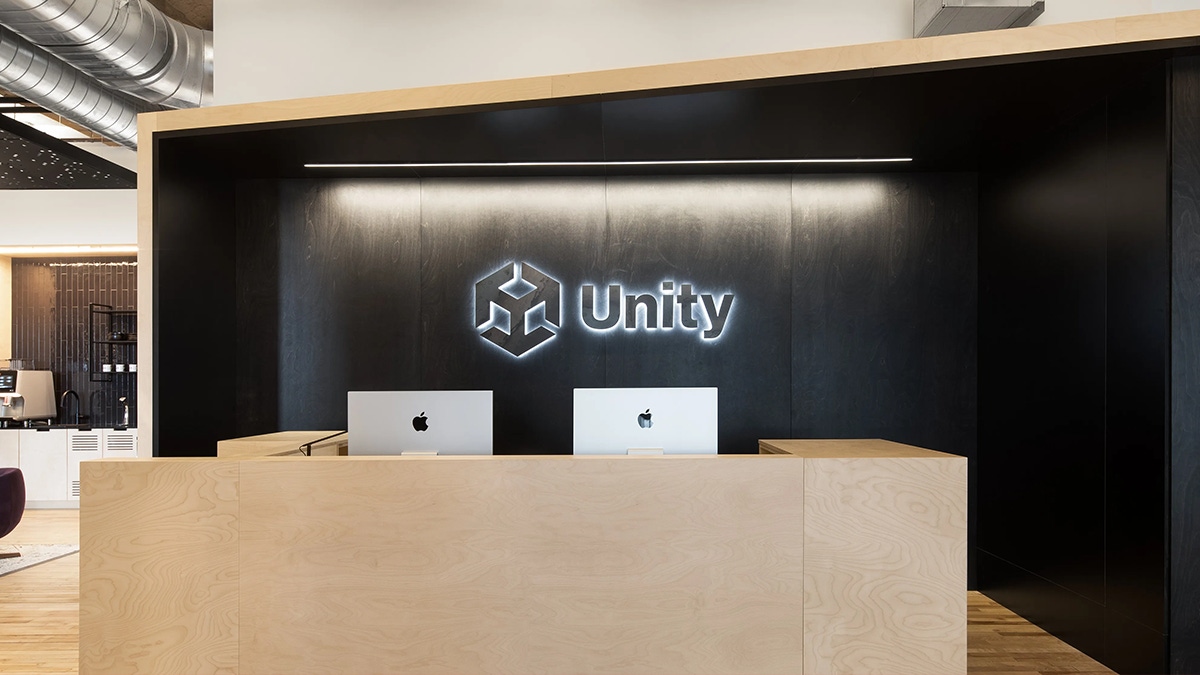Trending
Opinion: How will Project 2025 impact game developers?
The Heritage Foundation's manifesto for the possible next administration could do great harm to many, including large portions of the game development community.
The engine maker intends to continue exploring 'optimization opportunities' during the current fiscal year.

Unity CFO and EVP, Luis Visoso, confirmed the company has laid off 25 percent of its workforce as part of a company reset, but claimed those cuts will allow it to begin "reigniting revenue growth with healthy financials."
The comments were made during a recent earnings call and saw Visoso describe the mass layoffs as an "unfortunate consequence" of Unity's broader two-phase reorganization plan.
Unity is attempting to streamline after a tumultuous period that saw it lose the trust of developers following the protracted Runtime Fee debacle, which concluded with the departure of former CEO John Riccitiello.
Around the same time, Unity also told investors it would be reviewing its product portfolio to discontinue certain product offerings, reduce its headcount, and shrink its office footprint.
Outlining that plan in November 2023, interim CEO Jim Whitehurst said Unity needed to implement a "customer-first" business model and carve a path forward with "clear focus." Despite enduring what Whitehurst described as a "challenging" year on the call, the interim chief exec believes Unity remains "essential" to the game industry.
"So first off, even in the aftermath of the pricing change, our core subscription business, excluding China, grew 18 percent in Q4," he said. "Put it simply, we are essential to the games industry. And then with industry, it was actually our fastest-growing segment, and I believe we've just gotten started, and we have meaningful growth potential there."
In a letter to shareholders published alongside Unity's Q4 financials, Whitehurst added that Unity is almost done with the first-phase of its company reset. He expects to have "mostly completed" phase one at the end of the first quarter of the current fiscal year, and indicated the company will now be able to focus on growing revenue with thousands of layoffs in the rearview mirror.
"We expect revenue growth to accelerate in the second half of 2024 and to maintain attractive levels of revenue growth thereafter," said Whitehurst, before adding that Unity also intends to double down on the use of generative AI.
"We are scaling our generative AI offerings: Unity Muse and Unity Sentis, to increase user productivity and create more engaging experiences. Since our last call, Muse is now available to all customers and interest is strong. We plan to further invest in building AI based workflows within the Engine."
Unity said it will continue to manage costs carefully throughout the year and "continue to explore optimization opportunities," perhaps indicating the company isn't quite finished downsizing.
As for how Unity performed during Q4 FY23, revenue increased by 35 percent year-on-year to $609 million, partly driven by the mutual termination of Unity's service agreement with Weta FX–which resulted in $99 million of incremental revenue, including the release of Weta's deferred revenue. Without that transaction, revenue would have been down 2 percent year-on-year to $510 million.
GAAP net loss for the fourth quarter totalled $254 million, down on the net loss of $288 million recorded in the previous year.
Read more about:
Top StoriesYou May Also Like